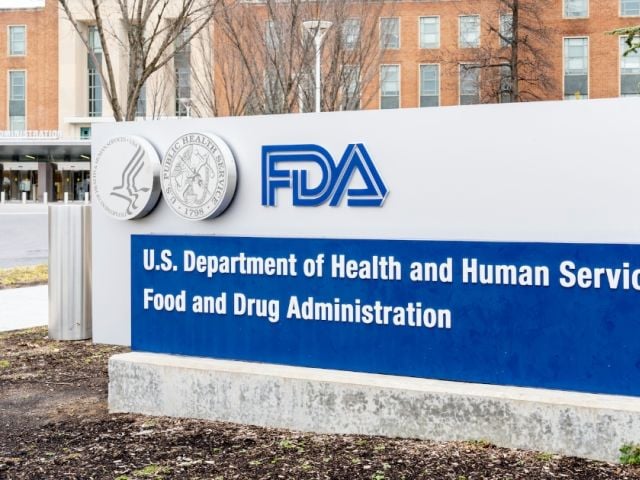Displaying 5785 - 5808 of 7456
Speaker McCarthy should target farm subsidies for the wealthy, not food stamps
This week, House Speaker Kevin McCarthy (R-Calif.) made ending food assistance for many hungry people one of his demands for raising the debt ceiling.

Pamper Mom for Mother’s Day: 20 gift ideas inspired by EWG VERIFIED®

The Pentagon’s contamination time bomb: Cleanup backlog outpaces funding

Yet another pollinator, the monarch butterfly, is being threatened by toxic pesticides

EWG: In the intensifying climate crisis, a hotter Southwest spurs rising heat-related crop insurance costs

Biden EPA moves closer to total ban of toxic weedkiller DCPA

Getting ‘forever chemicals’ out of drinking water: EWG’s guide to PFAS water filters

Funding for climate-smart agriculture critical to tackling the climate emergency

Spending bill shortchanges defense communities hammered by PFAS pollution

Congress shouldn’t create a polluter holiday for ‘forever chemicals’

EWG applauds Senate National Defense Authorization Act provisions tackling ‘forever chemicals’

Bad chemistry: FDA’s broken chemical review system
For decades, the Food and Drug Administration has allowed chemical companies to decide whether most food chemicals are safe. EWG recently found 99 percent of the food chemicals that have entered the...

‘Forever chemicals’ found in water coast to coast builds case for strict EPA limits

EWG comments to USDA on reforms to the prevented planting provision of the federal Crop Insurance Program
The Environmental Working Group submits comments to the Federal Crop Insurance Corporation and Risk Management Agency of the U.S. Department of Agriculture, urging the agency to reform the prevented...
EWG tests find four water filters that effectively remove ‘forever chemicals’ from home taps

EWG comments to EPA on DCPA
Survey finds use of personal care products up since 2004 – what that means for your health

Corn Belt farmers could dramatically reduce nitrous oxide emissions with a handful of conservation practices

EWG comments to California DTSC on proposed inclusion of microplastics to the Candidate Chemical List
If good science is only ever seen by scientists, it can’t have real world impact. Data doesn’t translate to action without data scientists who use it to tell a story.

The science and research EWG conducts is about influencing massive public health decisions. That requires, on all levels, a combination of intellectual creativity, pragmatism and absolute scientific rigor.

“We put the database together to not stay in our lane,” says Ken Cook about EWG’s decision to initiate the most important ag reform in 20 years.

Federal Crop Insurance Program reforms can help farmers adapt to climate crisis and cut taxpayer costs
Farmers both contribute to the climate crisis – they’re responsible for producing at least 11 percent of U.S. greenhouse gas emissions – and can also be devastated by its harmful effects, with extreme...

The macro issues of microplastics
